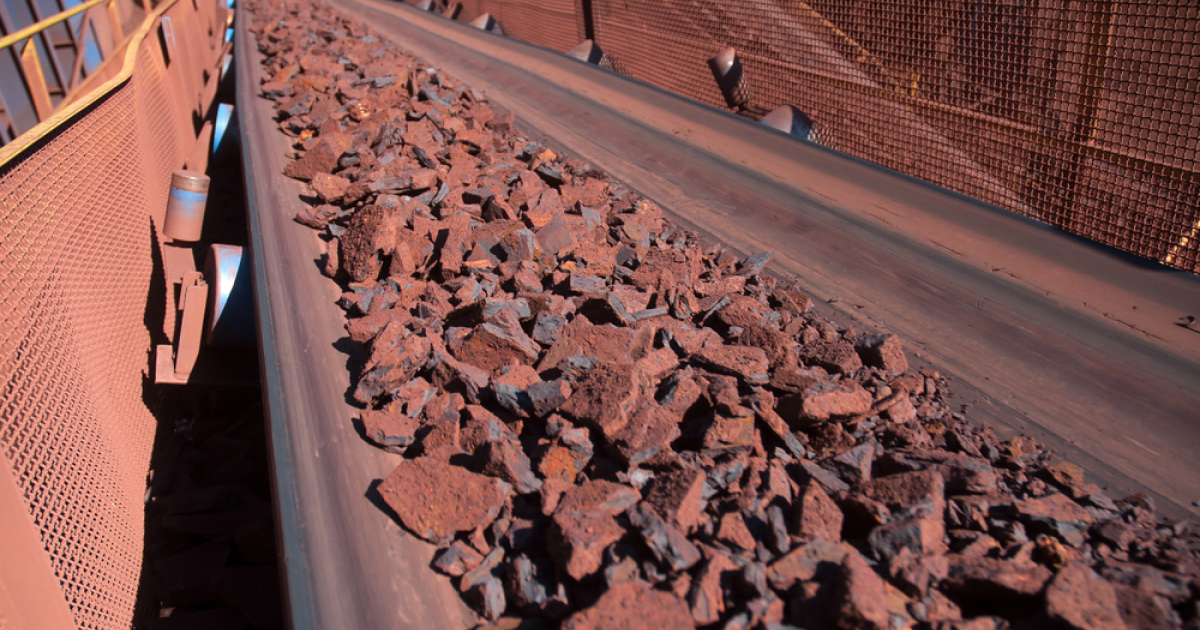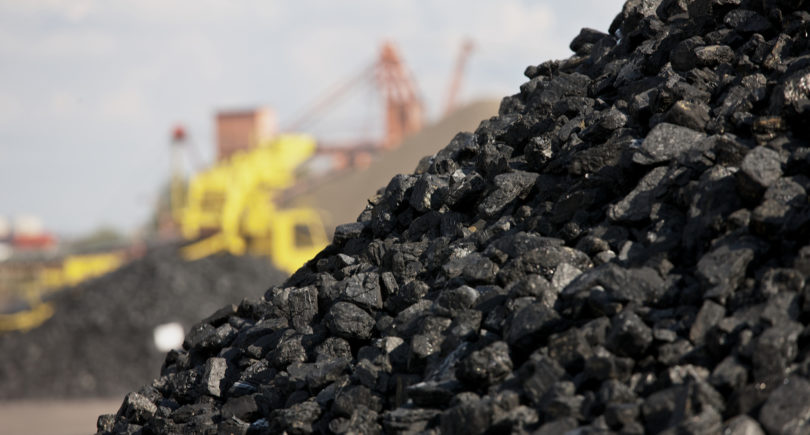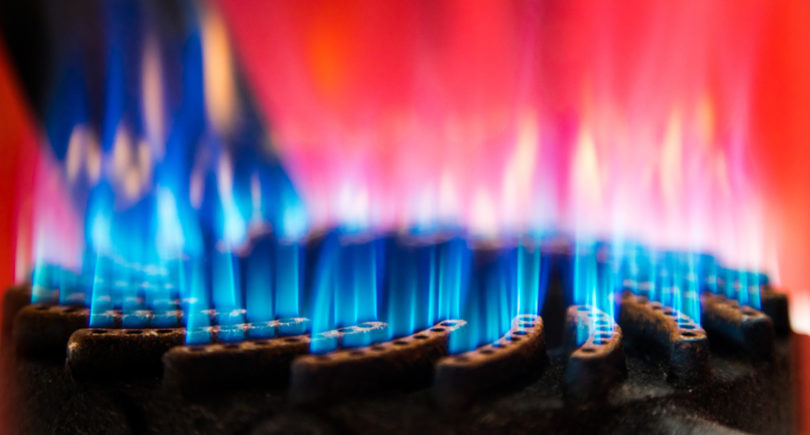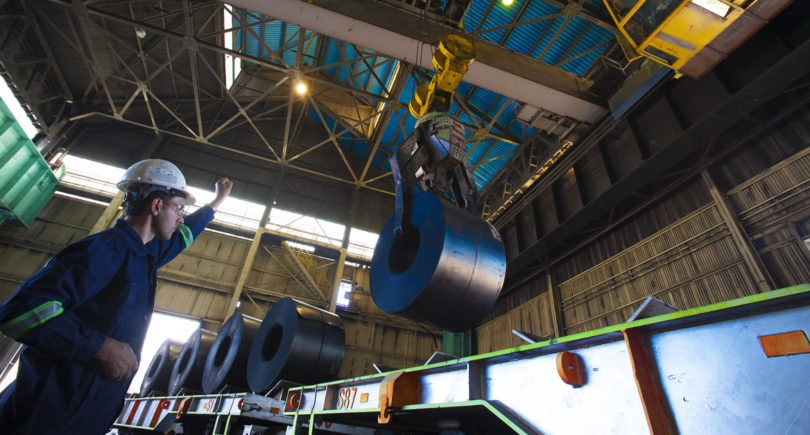
News Global Market India 2244 21 November 2024
This will take place amid an increase in steel production in the country
Demand for iron ore in India could grow by more than 50% by 2030 due to increased steel production, according to BigMint.
It is forecast that by FY2030/2031, steel demand in the country will be supported mainly by construction and infrastructure, which will account for 60-65% of total demand, as well as the automotive and general engineering sectors. It will also be supported by factors such as urbanization, housing initiatives, mega-infrastructure projects, and dedicated freight corridors.
Given that India’s steel capacity is currently 80-85% utilized, steel production in the country is expected to increase from 144 million tons in FY2023/2024 to 210 million tons in FY2030/2031.
Accordingly, India’s iron ore production and demand will increase, with the latter rising by more than 50% over this period.
At the same time, the country will undergo significant changes in the way it produces steel. Although both BOF and BOF capacities will increase by FY2030/2031, the former will grow faster. The share of electric steelmaking capacity is likely to decline.
As blast furnace and converter production will dominate steel production in India, demand for iron ore, coking coal and PCI will increase as such capacity is built. Total ore consumption by Indian steelmakers is projected to reach 350 million tons in FY2030/2031.
In addition, DRI production in the country is expected to increase from 52 million tons in FY2023/2024 to 65 million tons in FY2030/2031. The role of pellets in both the blast furnace process and direct reduced iron production is also increasing.
As GMK Center reported earlier, India will stimulate iron ore enrichment for the needs of the steel industry and its transition to environmentally friendly steel production. According to BigMint, the production of this raw material will reach approximately 390 million tons by FY2029/2030. However, the availability of ore with a higher iron content remains a question mark.




